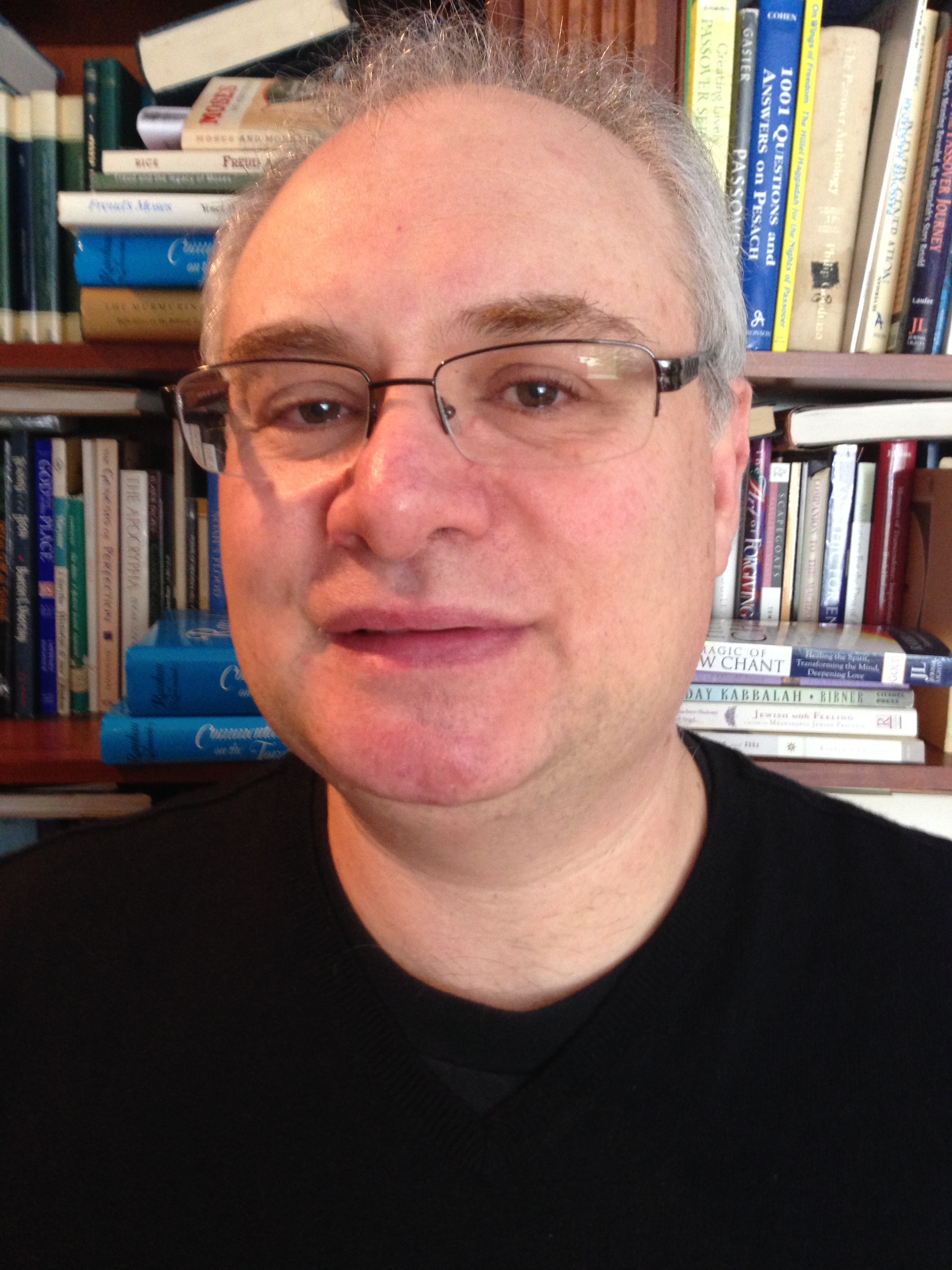By Alfredo Borodowski, Congregation Sulam Yaakov, Larchmont, NY

From the outset let me declare that “I am not bipolar,” but that “I have a bipolar disorder.” As much as this condition has been challenging, it does not define who I am; it has not been able to kidnap and trap my essence. On the contrary, under proper control and care, as is the case for many who have bipolar disorder, this condition has endowed me with great energy and creativity.
An Unfamiliar Position
The distinction between the mental illness and the person is crucial. The fear of being identified with a mental illness is a great barrier, deterring many of those in need of help from reaching out and receiving love and support. I have experienced the power community has in moments that you feel your world has collapsed. Nine months ago my undiagnosed bipolar condition become public through a series of unpleasant events which ended with my face and name appearing in the press. I was immediately fired from my position as executive director of an adult education program and saw myself sinking into despair. A question remained. Would my congregation be able to continue seeing me as its rabbi? Could mental illness and rabbinic leadership coexist? Would my community be able to understand that my faith, passion for Judaism, and love for the community were much more than my illness? Trained to take care of people it was strange to be on the receiving end of compassion. My congregation literally rescued me from the abyss. They publicly and unequivocally supported me and made absolutely clear that they knew who “Alfredo was;” their rabbi and companion though the journey of life, in good and bad times. It took a lot of love and trust in moments of great embarrassment to stand beside me and courageously declare, “Yes, as he is, he is my rabbi.”
Searching for Answers
A month ago I published an article in the Jewish local newspaper sharing my story. I was immediately flooded with hundreds of e-mails from individuals who live in a mental illness closet. Many were thirsty for spiritual answers. Beyond the logical longing for feeling well and being productive they were asking questions that touched the spiritual core. Even though I’m trained in and teach theology I felt ill equipped to address the questions that pounded upon them and me. These include: Am I a defected being? What is the relationship between mind and body in me? Is it right for the State and my family to allocate so many resources on my existence? Why do I feel so much pain and alienation? Where do I fit in the order of creation? If God is perfect how am I created in the Divine image? Can prayer bring healing to me? How can I live in community while holding onto the secret of my condition? My initial search for answers showed me that there are very few resources for or safe places in which to address these questions, while there is a large population in the shadows asking them. Afraid of stigma and rejection, too many conceal their mental illness while functioning in public, yet feel their souls being consumed in private.
Finding Comfort in Judaism
A few days ago I conducted a workshop sponsored by Drisha and B’nei Jeshurun in Manhattan on mental illness and personal stories. We were 20 souls around the table. Some attended out of a healthy curiosity but most were warriors of a difficult life. Some were mothers who have tragically lost their children to their illnesses, others battled depression, and many college participants feared what the future would hold for them. All were united by one quest: a Judaism which could help us find who we are. We longed for a place of holiness and wholeness in the universe where we could be acknowledged and heard with acceptance and care. In some ways, so little and so decisive.
My congregation rescued me and my illness has provided me with a new congregation of very wise and courageous individuals. Now, I commit my mind and soul to answer some of the question laying before us and seek others open to engaging in the process of making sure that our communities offer true sanctuary for everyone.

Add new comment